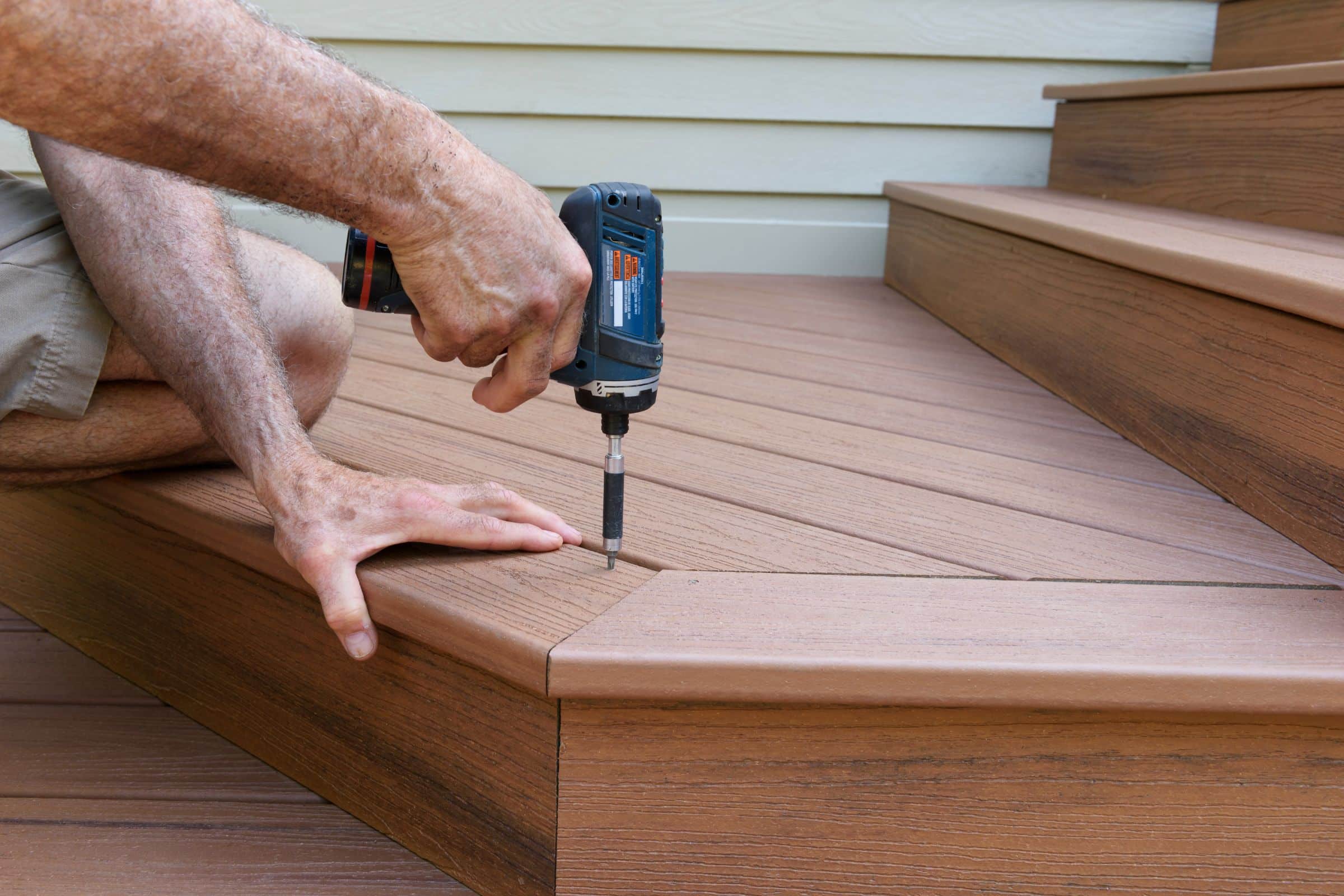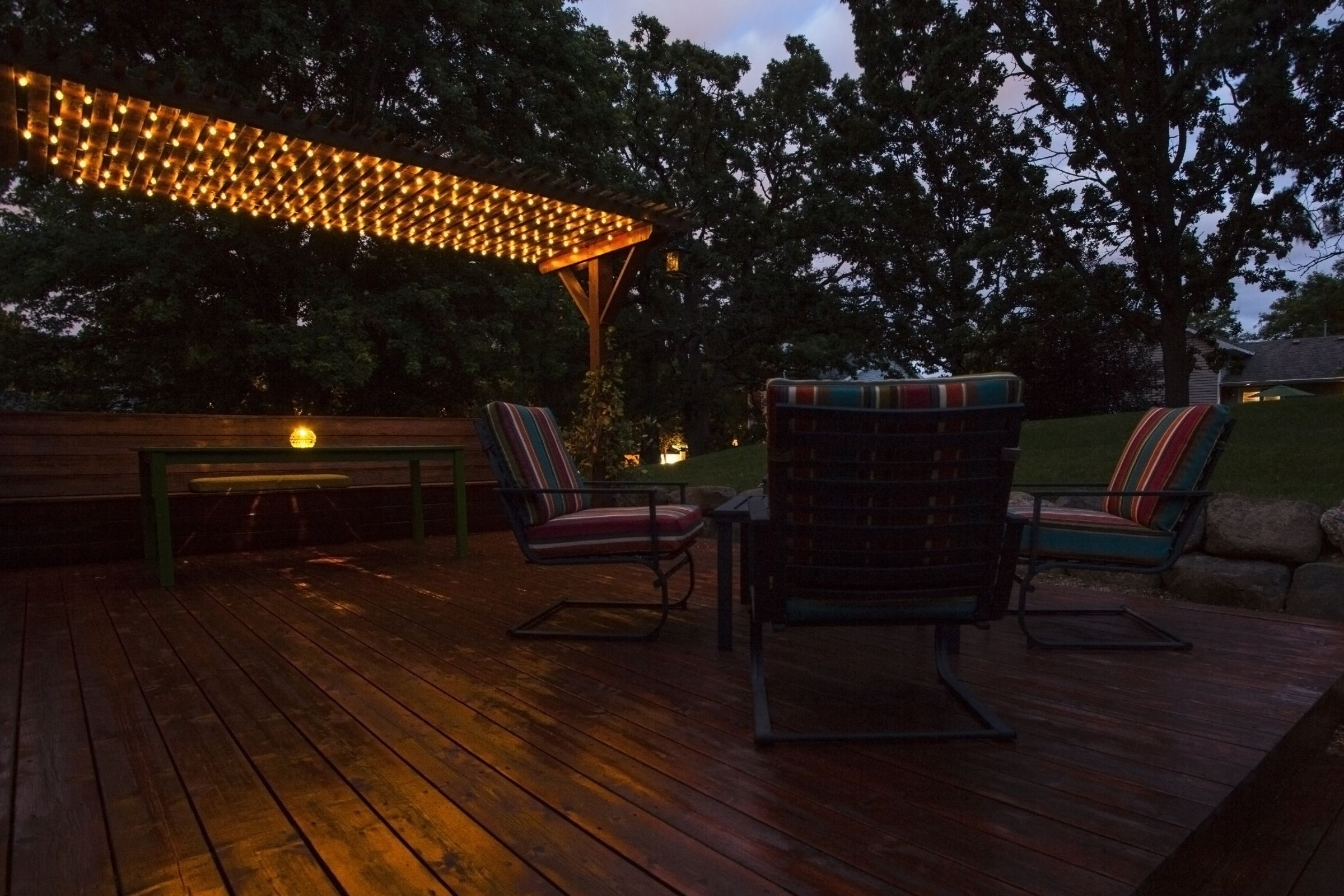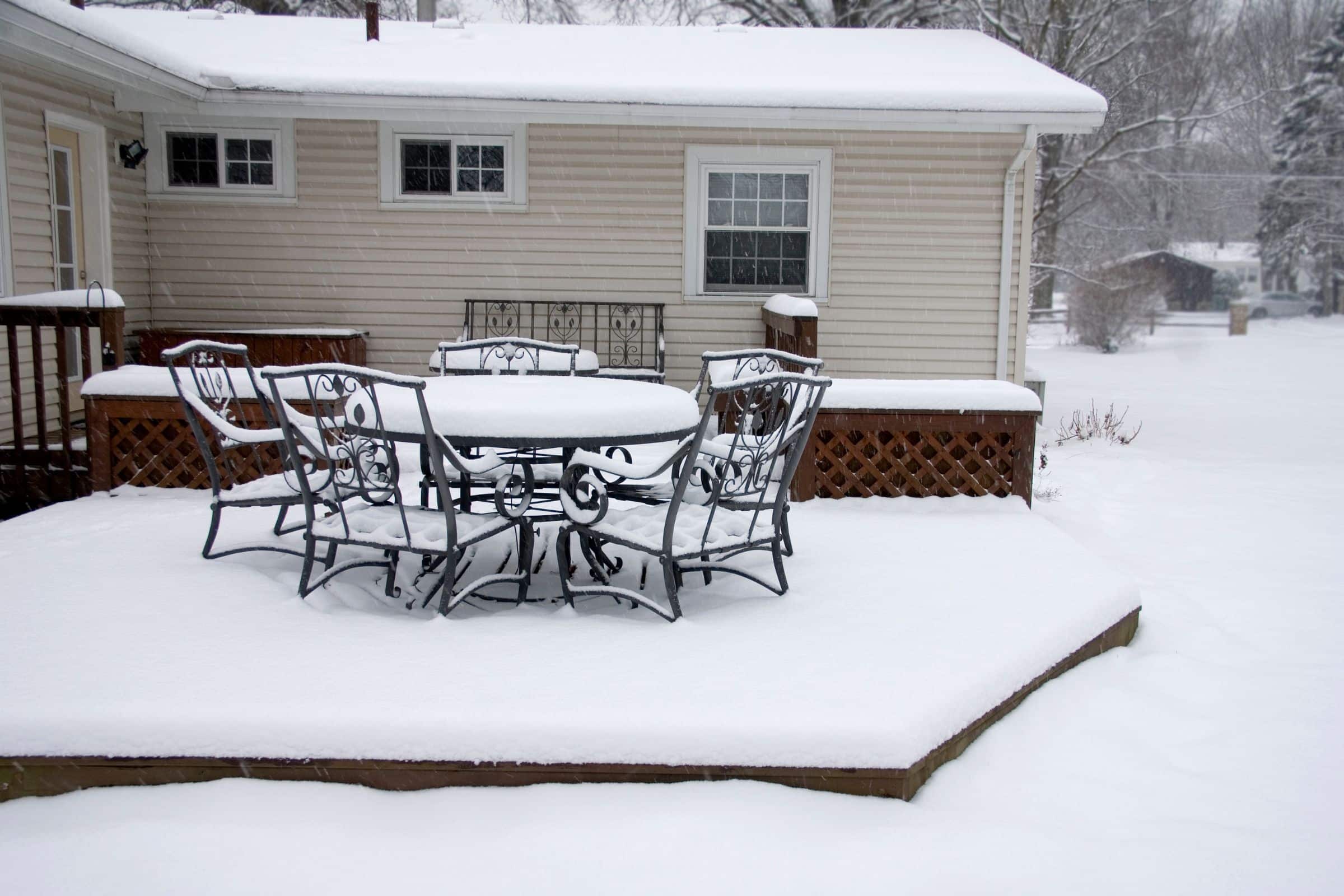
Elevate Your Property Value: The Impact of Decking Installation in NJ
Adding a deck to a home in New Jersey can have a significant impact on its property value. Not only does it provide additional usable space, but it also creates an outdoor entertainment area and enhances the overall curb appeal of the property.
One important aspect of adding a deck to a home is the increase in usable space. A deck provides an outdoor area that is suitable for a variety of activities such as barbecues, family gatherings, or simply enjoying the outdoors. By extending the living space of the home, a deck can make a property more functional and appealing to potential buyers.
Furthermore, a deck also provides an attractive outdoor entertainment area. It allows homeowners to host guests in a comfortable and enjoyable setting. Whether it’s lounging on comfortable patio furniture or having a meal under the stars, a deck creates an inviting space for socializing and relaxation.
Curb appeal is another important factor that a deck adds to a home. A well-designed deck can significantly enhance the overall appearance of a property. It adds depth and character to the exterior of the home, making it more visually appealing and memorable. Potential buyers are often drawn to homes with visually appealing outdoor spaces, and a deck can make a home stand out in a competitive housing market.
Is a Deck a Good Investment?
A deck can be a valuable investment for homeowners, providing a multitude of benefits for both outdoor living enjoyment and home value return on investment (ROI).
Firstly, a well-designed and maintained deck can significantly enhance a homeowner’s outdoor living experience. This creates a more versatile and enjoyable living area, particularly during the warmer months.
Furthermore, a deck can significantly boost the overall value of a home. According to various studies, a deck can provide a home value ROI of up to 75-90%. This means that homeowners can potentially recoup a large portion of their initial investment when selling their property.
However, it is crucial to consult with an expert to determine the exact value that a deck adds to a house. Factors such as the size, materials used, design, and location can all influence the overall value. An expert can assess these factors and provide an accurate estimation of the potential ROI. Additionally, they can provide guidance on the best design and materials to use to ensure maximum appeal and value.
Factors Influencing Deck Value
When it comes to building a deck, several factors can influence its value. Whether you are planning to sell your home in the future or simply want to maximize your investment, it is important to take these factors into consideration. From material choices to the size and design of the deck, each decision you make can have a significant impact on the overall value of your property.
Location and Size of Your Project
The location and size of a deck project can have a significant impact on the overall project cost.
Firstly, the location of the deck plays a crucial role in determining the cost. If the deck is built in a region with harsh weather conditions or extensive regulations, additional materials and labor may be required to meet those requirements. For example, building a deck in a coastal area that experiences high winds or near the ocean will require the use of corrosion-resistant materials to withstand the elements. Additionally, if the deck needs to be built on uneven ground or over challenging terrain, additional site preparation work may be necessary, which can increase the overall cost.
Secondly, building a second-story deck or including stairs in the project can significantly increase the cost. Constructing a deck at an elevated height requires additional structural supports and safety measures, leading to higher material and labor costs. Similarly, integrating staircases that meet code compliance standards adds complexity to the project, resulting in increased expenses.
Furthermore, larger decks tend to incur higher costs. The size of a deck is usually measured in square footage, and the more square footage needed, the greater the amount of materials and labor required. Moreover, larger decks often require additional design considerations, such as additional support beams and footings, which contribute to increased costs.
Materials for the Job
When it comes to outdoor decking, homeowners have several material options to choose from, including wood, composite, and PVC. Each material has its own set of pros and cons, and it’s important to consider factors such as maintenance requirements, durability, and cost before making a decision.
Wood decking is a classic choice for outdoor spaces. It offers a natural and rustic look and can be stained or painted to match any aesthetic. However, wood requires regular maintenance, including sealing and staining, to protect it from the elements. Additionally, wood decking is susceptible to rotting, fading, and splintering, which can increase long-term costs.
Composite decking is a popular alternative to wood. It is made from a combination of wood fibers and recycled plastic, offering homeowners the best of both worlds. Composite decking is low maintenance, requiring only regular cleaning to keep it looking its best. It is also highly durable and resistant to rot, warping, and fading. However, composite decking can be more expensive upfront than wood.
PVC decking is another synthetic option for outdoor decking. It is made from 100% plastic, making it extremely durable and resistant to moisture, mold, and insects. PVC decking is also low maintenance and does not require any sealing or staining. However, it can be more expensive than both wood and composite.
When choosing the best material for their deck, homeowners should consider their budget, the amount of maintenance they are willing to undertake, and the desired aesthetic. Wood decking may be more affordable but requires regular upkeep. Composite and PVC decking are more expensive upfront but offer lower maintenance requirements and greater durability. Ultimately, the best material for the job will depend on the homeowner’s specific needs and preferences.
Optional Add-Ons
When planning a deck project, there are various optional add-ons that can enhance the functionality, value, and aesthetics of the space. One popular add-on is building a roof, which offers shade and allows for year-round use. A roof can protect the deck from rain, snow, and excessive sunlight, making it a perfect outdoor retreat no matter the weather.
Another add-on to consider is constructing a screen around the deck. This not only keeps bugs and mosquitoes away but also provides privacy. It allows you to enjoy the fresh air while being shielded from unwanted pests and prying eyes.
Transforming the deck into a second living space is another option. By adding furniture and a fire pit, you can create a cozy outdoor seating area. Comfortable chairs, sofas, and a coffee table can make the deck a perfect spot for relaxation and entertainment. The fire pit adds warmth and ambiance, allowing you to enjoy the deck even during chilly evenings.
For those who love cooking and entertaining, building an outdoor kitchen is an excellent choice. With a built-in grill, sink, and countertop, you can easily prepare meals outdoors while enjoying the company of your guests. This add-on provides convenience and eliminates the need to constantly go back and forth between the indoor kitchen and the deck.
From building a roof and constructing a screen to transforming the deck into a second living space with furniture and a fire pit, or even building an outdoor kitchen, these add-ons offer functionality, comfort, style, and value to make your deck an inviting and versatile space.
Deck Installation FAQs
Does a deck increase my taxes?
Adding a deck to your property can indeed increase your property taxes. This is due to the connection between property value and tax assessment. When a tax assessor evaluates a property, one of the factors taken into consideration is its overall value. Home improvements, including the addition of a deck, can significantly contribute to increasing a property’s value.
Decks are considered an attractive feature that enhances the usability and aesthetic appeal of a property. As a result, they can often lead to an increase in the assessed value of a home, which in turn leads to higher property taxes. It’s important to note that the extent to which a deck increases taxes may vary depending on the specific locality and its taxing guidelines.
What is the best time to build an outdoor deck?
The best time to build an outdoor deck can be determined by several factors, including weather conditions, ground conditions, and the convenience of working without a cover. It is generally recommended to build or renovate a deck during late spring to mid-fall, as this period offers the most comfortable and efficient working conditions.
Weather conditions play a significant role in the construction process. Building a deck during the warmer months allows for easier installation of materials, as they are less likely to be affected by rain or snow. Additionally, warmer temperatures expedite drying times for adhesives, stains, and paints, ensuring a more efficient construction process.



